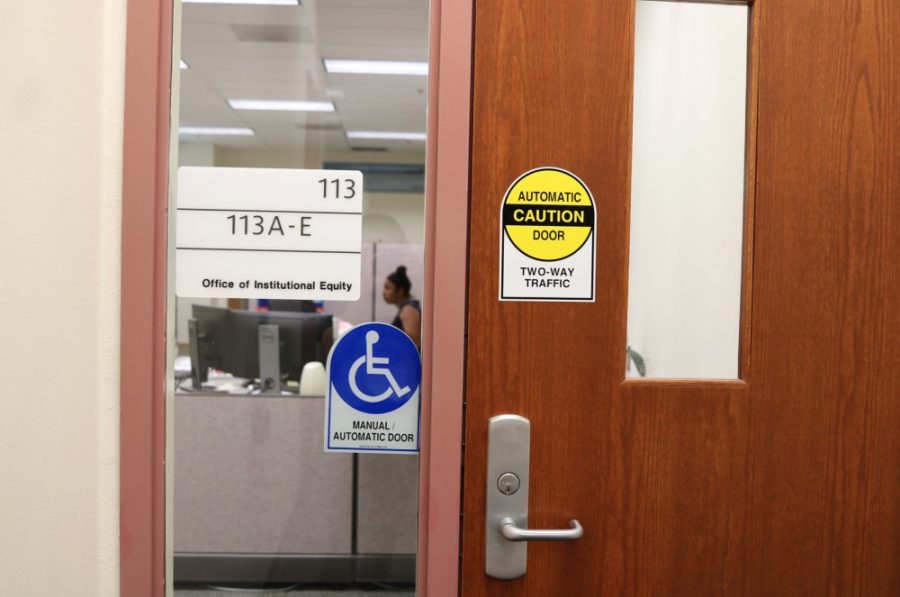Over 40 years ago, Edith Louise Starrett Green, a congresswoman from Oregon, sponsored a bill championing equity in education. That bill changed the rules when Congress approved an educational amendment to give girls and women equal opportunities in education.
Green’s fight for gender equity triumphed with the passage of Title IX in 1972. The bill impacted all walks of life for women. It not only helped in academia, but later expanded to athletics and more.
Even as higher education institutions are striving for gender equality, sexual misconduct persists, as do challenges to ending sexual discrimination today.
Flyers, brochures, online resources, courses, and information sessions are provided at the University of Arizona to educate students about Title IX.
However, when asked about Title IX, some UA students have various reactions. “What is Title IX?”, “I’m not sure what that is?”, “What should I know about it?” These questions are indicative of many people’s responses when talking about Title IX.
With cases of sexual harassment and assaults around campuses nationwide, it is essential to look back at Title IX, what it covers and why students still fail to realize how the law can protect them.
RELATED: ‘I Will Week’ implemented to help change campus culture
What Is Title IX?
With its passage in 1972, Congress enacted laws prohibiting discrimination on the basis of sex. As per the law:
“No person in the United States shall, on the basis of sex, be excluded from participation in, be denied the benefits of, or be subjected to discrimination under any education program or activity receiving federal financial assistance.”
In other words, enforcement of Title IX should guarantee that students, regardless of their gender, should receive equal treatment and opportunities in any federally-funded academic institution.
Where to go for help
The Dean of Students Office works toward supporting and equipping students with the necessary knowledge to help them understand their rights and their authority to make decisions as suitable for their needs.
“We work with the Women’s Resource Center, CAPS (Counseling and Psychological Services) mental health staff, UAPD, and many other offices and colleagues to help students feel comfortable with reporting incidents to the Dean of Students Office,” said Kendal Washington White, the dean of students.
All new students, including freshmen, transfer, graduate and professional students, are required to take an online training for Title IX. The Dean of Student’s Office introduces Title IX to families and parents of freshmen as well, to ensure they realize how the law protects them.
What’s Available on Campus?
Students athletes, for instance, get presentations from Campus Health and the Women’s Resource Center during orientation week.
One of the compulsory courses for freshmen enrolled in the athletics department is SAS 100. Introduced in fall 2015, the course aims to educate students about consent and rape culture through simulations and enrichment sessions led by the Women’s Resource Center staff.
The athletics department also works with the dean of students, Office of Institutional Equity and Title IX offices, Human Resources, University of Arizona Police Department and Campus Health.
This is to equip them with the necessary knowledge of their rights and responsibilities concerning Title IX.
RELATED: The University of Arizona 2017-2018 Salary Database
Responding to Title IX entitlements
As students and the UA community come from diverse walks of life, they have varying knowledge of Title IX. This impacts their understanding of sexual harassment and assaults.
“Unfortunately, some students are aware due to incidents in the K-12 system or have college friends who have experienced harassment, sexual assault, etc.,” Washington White said.
Students are expected to reach out and learn more about what the university provides and how that can help them.
Follow the Daily Wildcat on Twitter









